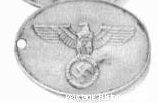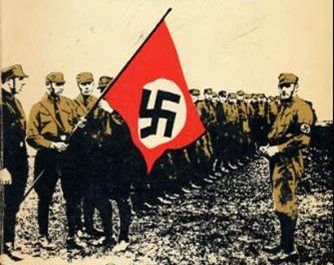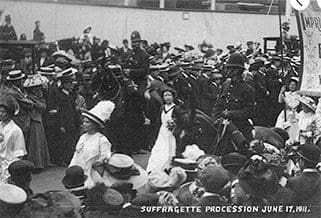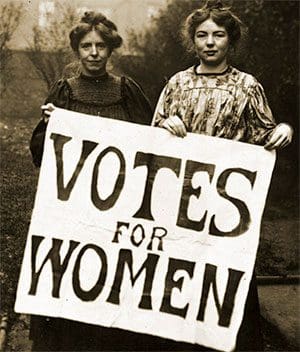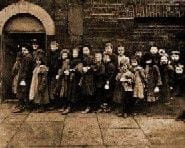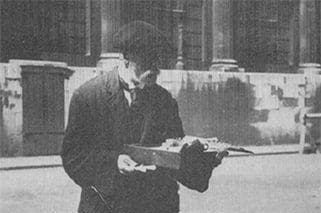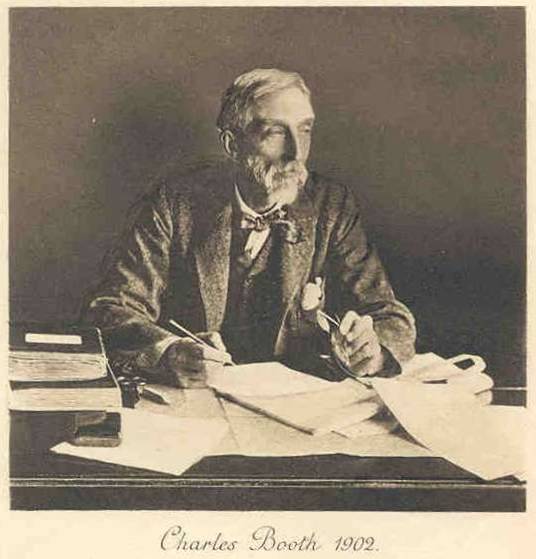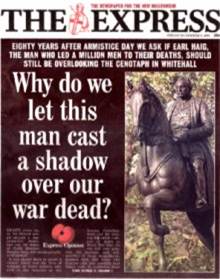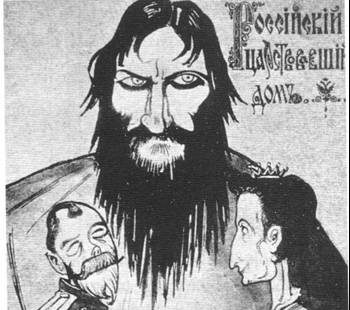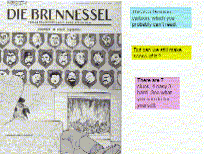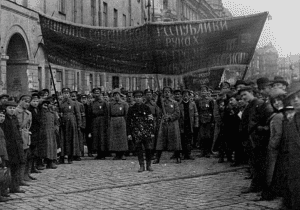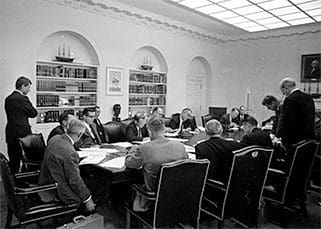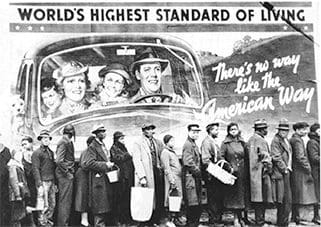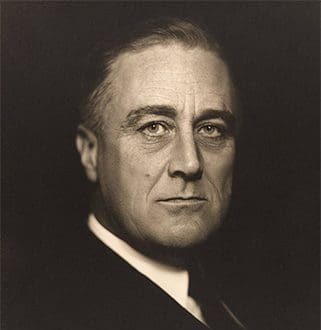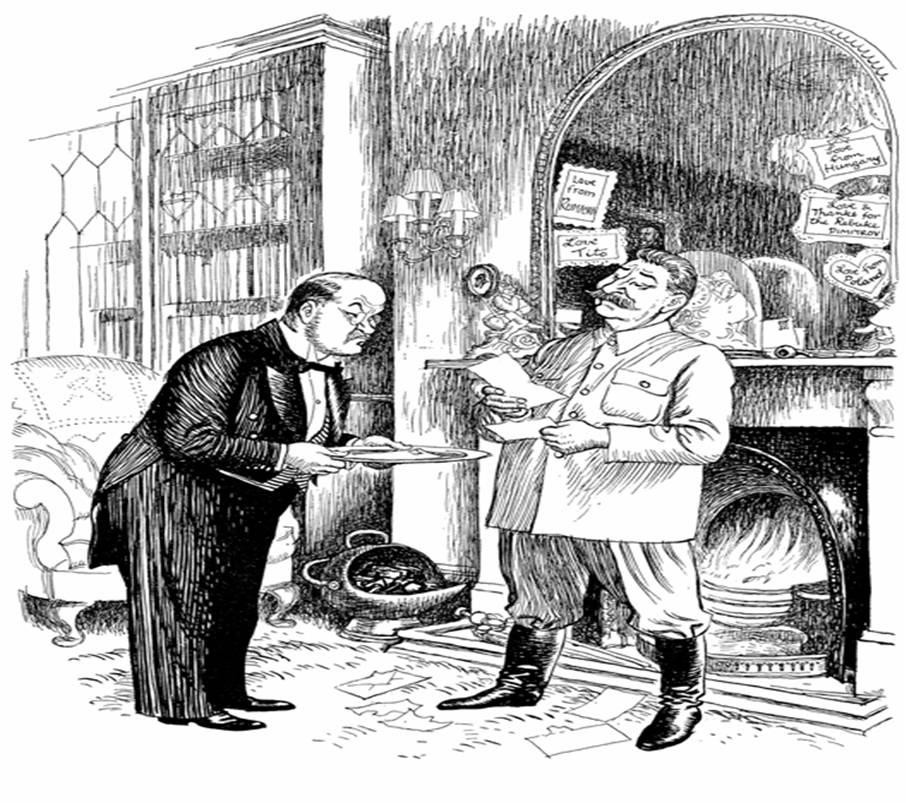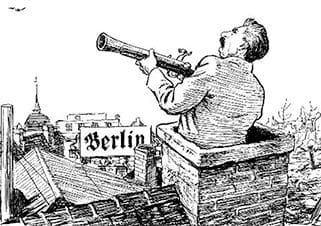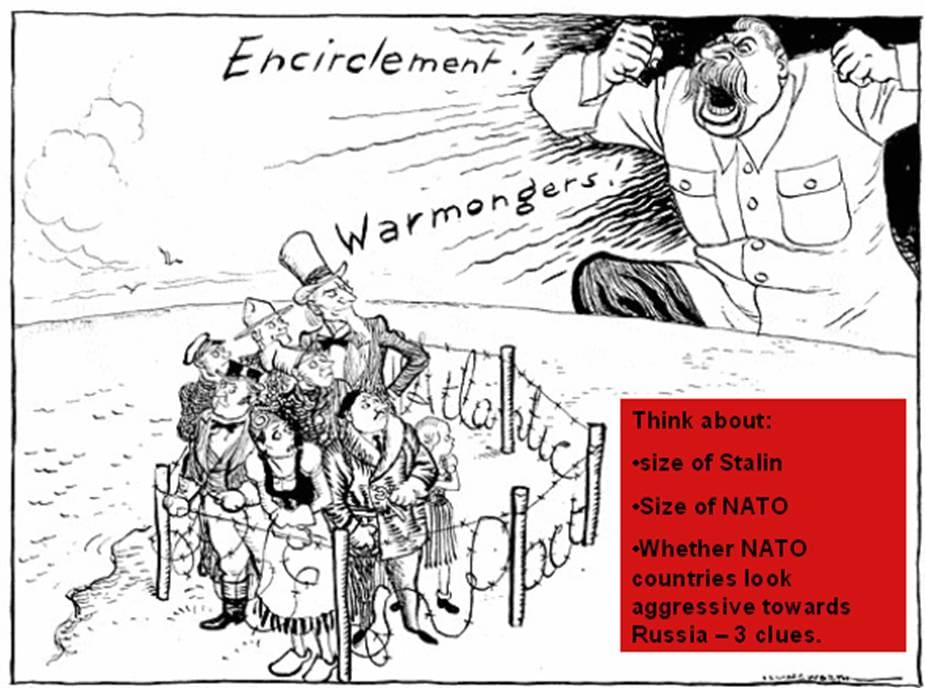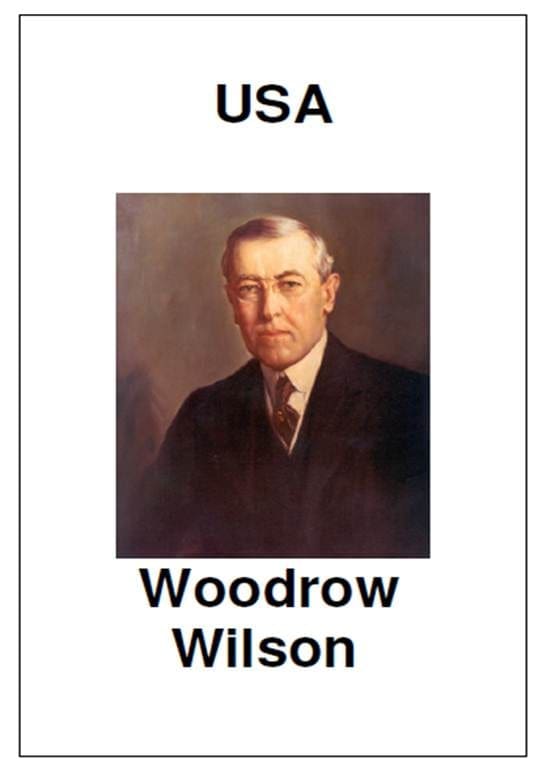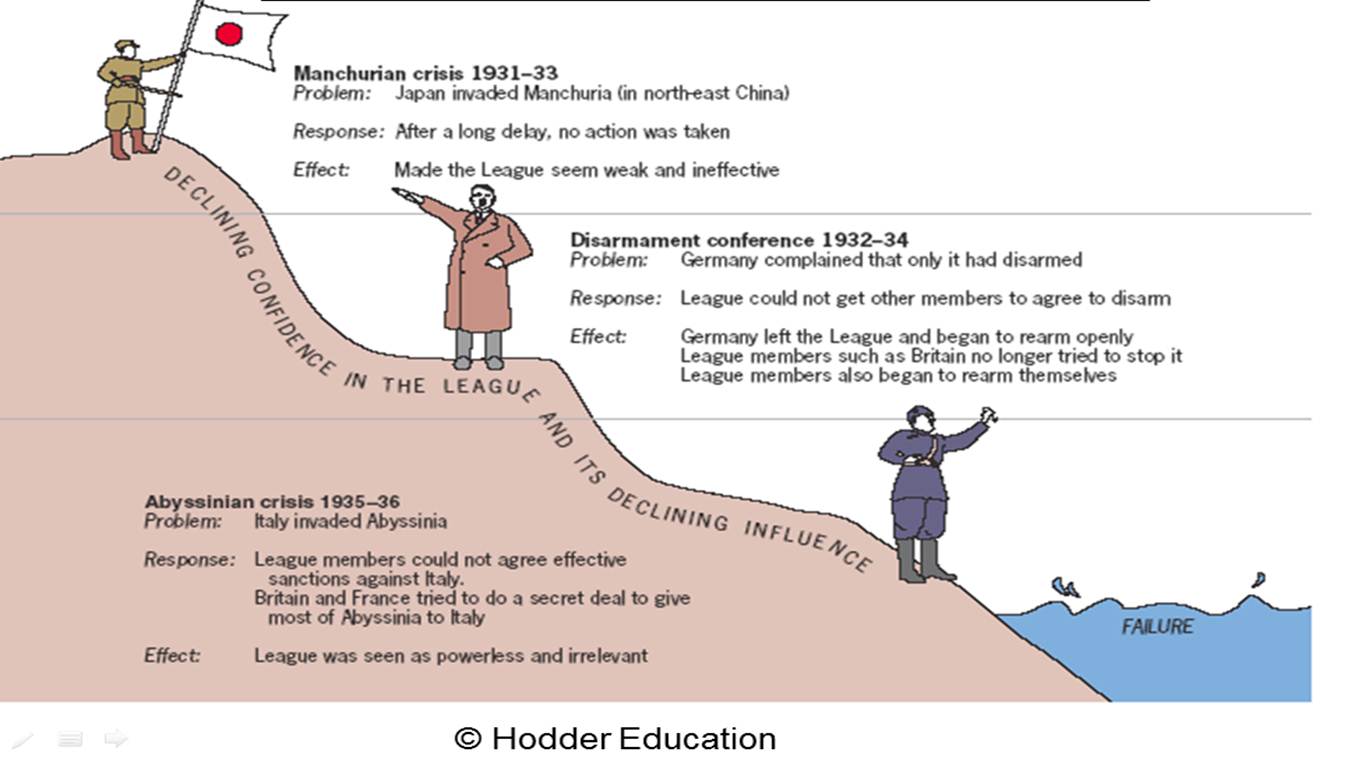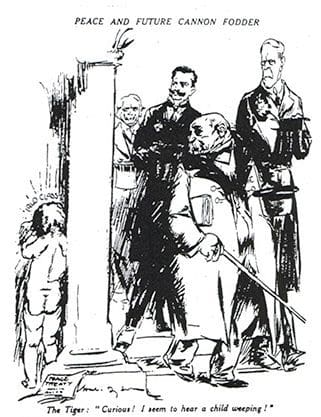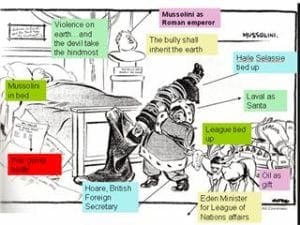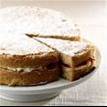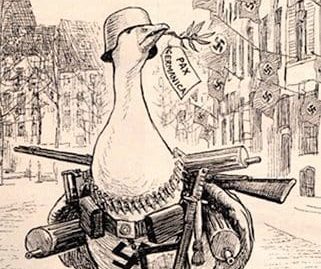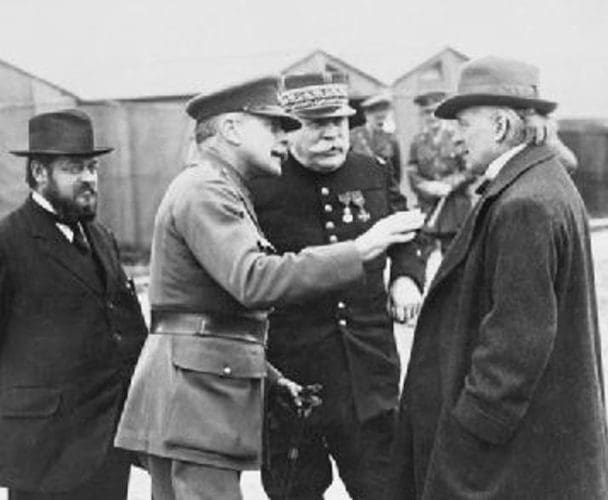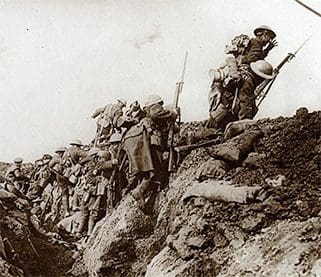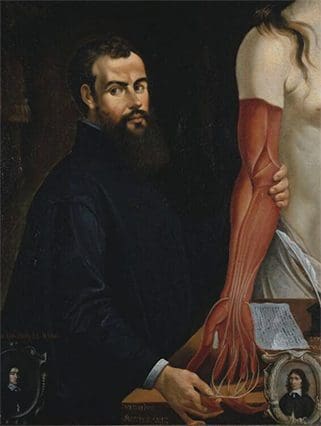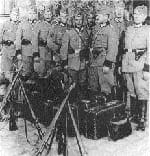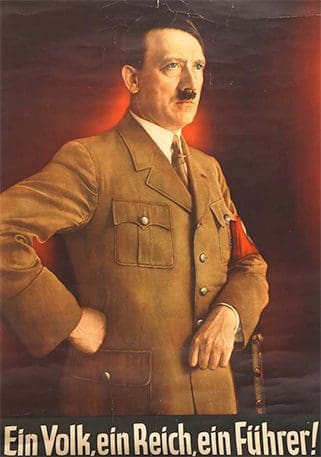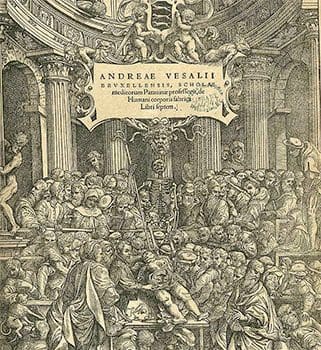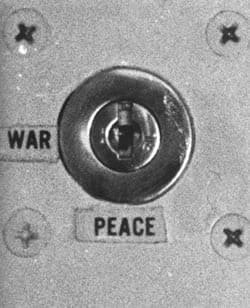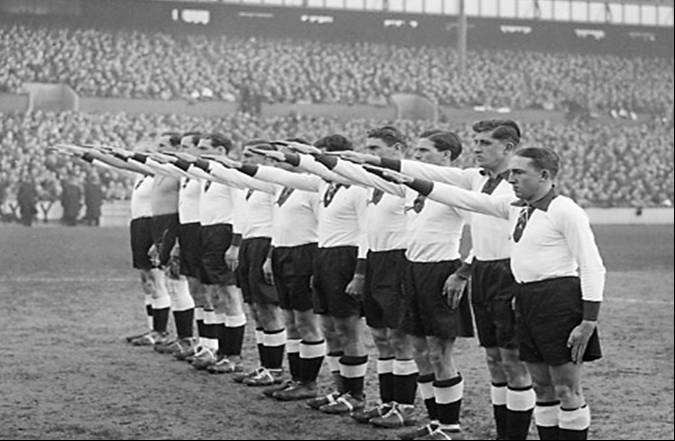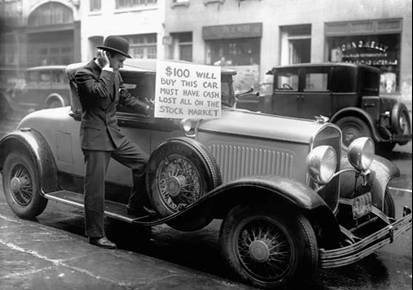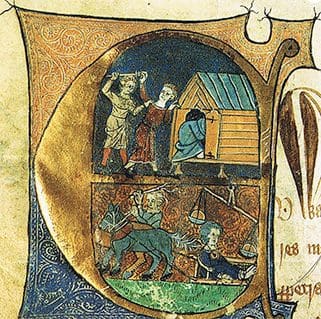Outstanding Lessons
How much did the Gestapo really control people’s lives in Hitler’s Germany?
This enquiry-based lesson acquaints students with a live political controversy using an excerpt from ‘The Nazis: a warning from history’ video to…
Read MoreDid all Germans benefit equally from life under the Nazi regime 1933-45?
This GCSE lesson , which could also work at AS level, uses two principal activities, known as ‘market place’ and…
Read MoreSMART TASK: A Suffragette procession: comparing the evidence
Whether you are studying the OCR unit, AQA or Edexcel you should find this activity helpful. The activity builds on…
Read MoreWhy did some women get the vote in 1918? How do YOU see it?
This lesson provides an excellent example of active learning, combining thinking skills and work on interpretations. Students start with one…
Read MoreHow far did the Liberal government of 1906-14 improve the health of children?
This highly relevant lesson offers a major contribution to the Every Child Matters agenda on staying healthy, as well as…
Read MoreHow serious was the German naval threat before the First World War?
This lesson launches an enquiry in which students work in teams to arrive at their own answer to this question. …
Read MoreHow have cartoonists portrayed the Liberals Old Age Pensions reforms?
This lesson takes a familiar cartoon but gives it an original twist. Instead of seeing the cartoon all at once,…
Read MoreReasons for reliability. How reliable a witness would Charles Booth make in an investigation into living conditions at the end of the 19th century ?
This lesson focuses on encouraging students to evaluate the testimony of just one man, Charles Booth. It opens with an…
Read MoreShould the statue to Haig be taken down from Whitehall?
This active lesson asks students to work in teams to weigh up the arguments for and against the proposal of…
Read MoreDownfall of the Tsar
This lesson, taught to a group of poorly motivated Y10 students followed a description of events leading to the February…
Read MoreLenin the Final Verdict
This lesson makes students active participators in the debate over Lenin’s contribution to the Russian Revolution. It comes at the…
Read MoreInterpreting a political cartoon of Stalin
This lesson revolves around a cartoon annotation and inference activity leading to a detailed and authoritative caption. It concludes the…
Read MoreWhy did the Reds win the Russian Civil War? A history mystery to explain why the reds were able to SLUG it out
This lesson encourages students to take their understanding of the events of the Russian Civil War to a new level…
Read MoreSMART TASK Key Stage 4 – Kennedy and the Cuban Missile Crisis
With the 50th anniversary of the Cuban Missile crisis in the news, it is worth spending time reviewing Kennedy’s reputation….
Read MoreNew Deal or No Deal? How has the New Deal been criticised?
This lesson is an active one in which students co-operate in order to put the best case they can against…
Read MoreWhy was there a boom in the US economy in the 1920s?
This lesson was designed for Y10 students on the C/D borderline who were underachieving and were falling down on the…
Read MoreRoosevelt and the 1936 election: can you write his manifesto?
It is the year 1936 and Roosevelt wants to be re-elected. Students work in groups to create his campaign manifesto…
Read MoreRecommended Resources
The main headings focus on the historical background to Bloody Sunday and are organized as below. Division & Peace Ireland’s…
Read MoreSMART TASK Russian take-over of Eastern Europe, 1946-9: Interpreting a political cartoon.
This simple activity encourages students to look at all the clues the cartoon provides, one at a time. As they…
Read MoreSMART TASK Key Stage 4 Deciphering a Cold War cartoon, using the slow reveal technique.
The interactive PowerPoint presentation of the famous Stalin’ The Birdwatcher’ cartoon encourages students to add layers of meaning as more…
Read MoreSMART TASK Key Stage 4: The Cuban Missile Crisis. Who was the real winner, Kennedy or Khrushchev?
Coming at the end of a study of the Cuban Missile crisis, students have to consider the ways in which…
Read MoreWho was more responsible for increasing Cold War tension between 1945 and 1949, the USA or the USSR?
This lesson challenges students to prepare a court case against both countries. The case against the USA will be made…
Read MoreWhy did the US lose the war in Vietnam? A piece of cake?
In this lesson students focus on moving their understanding of the reasons for US defeat from simply listing and grouping,…
Read MoreSMART TASK: Who said what at Versailles? A fun competitive team game with a serious purpose
This simple activity asks students to think who would be the most likely person to make this statement at the…
Read MoreSMART TASK: At what stage would you say it was obvious that the League of Nations would fail to keep peace?
This short task and associated homework asks students to beat the textbook. First they are reminded of the record of…
Read MoreCould the Treaty of Versailles be justified at the time?
This lesson was taught by Claire Conley-Harper and her excellent team of history teachers at Court Moor School in Fleet,…
Read MoreWas it the Manchurian or the Abyssinian crisis that spelled the end of the League of Nations?
There is a website that offers GCSE students this essay but at a cost. It is fairly accurately called www.cheat.com….
Read MoreWhy did the League of Nations fail?
It’s a piece of cake (F.A.I.L.U.R.E. is not an option) Students have already studied the major episodes in the history…
Read MoreInvasion of the Rhineland 1936 – a study in political cartoon analysis
All too often when the students see political cartoons in textbooks they focus on an oval shape in the centre…
Outstanding Lessons: Key Stage 4
There is probably more material already on the web for GCSE history teaching at KS4 than for any other key…
Read MoreExplaining why there were so many casualties on the first day of the Battle of the Somme. SMART TASK
This task, suitable for KS3 Year 9 or KS4 students, presents them with something of a conundrum. When the Allies…
Read MoreWhy are these accounts of the Battle of the Somme, written by the same person, so different? SMART TASK
This task, suitable for Y9 in KS3 or KS4, drives at the heart of source evaluation. Students explore two sources,…
Read MoreVesalius’ claim to fame. Using the B.A.D formula to prepare for a BBC interview
The BBC is making a documentary on Renaissance medicine in which they have devoted two minutes to the work of…
Read MorePrehistoric Medicine: Getting your GCSE course off to a great start
This lesson was taught by Mike Herrity when Head of History at Wildern School, Hedge End, near Southampton. On an…
Read MoreWhy was this World War One painting censored?
Students studying Britain during World War One, whether it be for AQA, OCR or Edexcel, need to know about censorship….
Read MoreBattalion 101. Why did they shoot? A history mystery
This lesson could be used as part of a Year 9 course or with the Germany module of Y10/11 SHP…
Read MoreSMART TASK: Germany 1933-34 Revision Quickie
Which factors played their part in establishing Nazi dictatorship in 1933-4? Subscribers only: You must be logged in to view this…
Read MoreSMART TASK: GCSE questions on Renaissance Medicine
Using Zones of relevance to answer two possible questions on Renaissance Medicine. Have you ever despaired of GCSE history students…
Read MoreRosa Parks – the true story
This open-ended enquiry explores one of the most abiding stories of American Civil Rights. Students are invited to advise a…
Read MoreSmart Task: How close to World War Three did the world come in the 65 years after World War Two?
Helping pupils to develop overviews of different timescales is central to the Key Stage 3 curriculum. When so few carry…
Read MoreGCSE Modern World history: Using history of football to interest boys in Inter-war relations 1919-39
If you have ever found it difficult to motivate boys looking at the Inter-war years from 1919-39, why not try…
Read MoreMarking the anniversary of the Wall Street Crash
To mark the 80th anniversary of the Wall St. Crash in 1929, the Guardian produced a simple guide to the…
Read MoreWere medieval crimes and punishments as brutal as people think? Two smart tasks
First students work collaboratively to distil from 16 pieces of evidence provided, the ones they think give them the most…
Read More
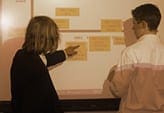 There is probably more material already on the web for GCSE history teaching at KS4 than for any other key stage. Much of it is written for students. This section of the site is for teachers. The long and growing list of lessons on most sections of most specifications has been created from actual lessons, in the hope that it will stimulate even better ideas in your department. These lessons were taught by teachers whom I have seen in action and with whom I have discussed the lesson. You will find no lessons that have not been carefully validated by a highly experienced expert – me.
There is probably more material already on the web for GCSE history teaching at KS4 than for any other key stage. Much of it is written for students. This section of the site is for teachers. The long and growing list of lessons on most sections of most specifications has been created from actual lessons, in the hope that it will stimulate even better ideas in your department. These lessons were taught by teachers whom I have seen in action and with whom I have discussed the lesson. You will find no lessons that have not been carefully validated by a highly experienced expert – me.